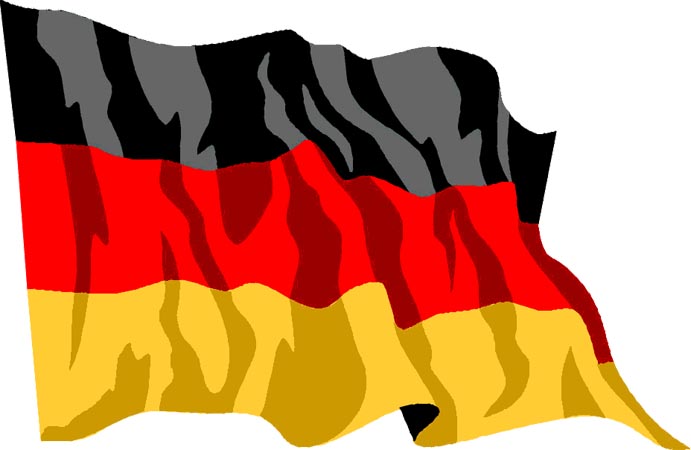More and more people opt for peace and quiet over fun and games
 Kiel, Germany - Some holidaymakers want a maximum of fun; they down sangria from 10-litre buckets and party till dawn. But a growing number want the opposite: leisure instead of loud music, relaxation instead of rambunctiousness, and self-discovery instead of swilling.
Kiel, Germany - Some holidaymakers want a maximum of fun; they down sangria from 10-litre buckets and party till dawn. But a growing number want the opposite: leisure instead of loud music, relaxation instead of rambunctiousness, and self-discovery instead of swilling.
Many tour operators are offering holidays for people seeking a chance to collect their thoughts and mull over matters they normally have too little time for. Though the circle is still small, "It's a growing trend in tourism," noted Professor Martin Lohmann, a tourism expert from the German city of Kiel.
Travellers in this group have varied expectations. Some would simply like time for themselves more than anything.
"After all, time is as much of a luxury for some people nowadays as a marble bathroom is for others," said Lohmann. These people are not necessary interested in finding answers to life's fundamental questions.
Others are, however, and also hope that the positive effects of stock-taking and reflection will outlast their holiday. "Some people may very well overestimate the therapeutic effects," Lohmann said.
In 2003, German trend analyst Matthias Horx predicted the emergence of a new travel destination: Me. "The forecast is coming true," remarked Susanne Leder, who wrote her doctoral dissertation on "leisure in tourism" and works at the resort region of Muellerthal in Echternach, Luxembourg.
Rather than expeditions to faraway places, "Journeys to one's self" are gaining in popularity. "Selfness" is the new buzzword for holidays whose focus is on self-discovery, slowing down and inner peace. Leder calls holidays of this kind "leisure tourism," which includes hiking tours, cabin stays, meditation retreats, desert treks and cloister sojourns.
She said there was a growing need for these types of holidays because of changes in society. Increasing pressure to perform at the workplace has disrupted the balance between tension and relaxation in many people, she remarked.
As Leder sees it, the lack of free time, the hectic pace and the complexity of everyday life have caused people with demanding occupations to be less desirous of variety and entertainment while on holiday.
"On the one hand, people today have a high degree of personal freedom," said Professor Heinz-Dieter Quack, director of the European Tourism Institute in the German city of Trier. "On the other hand, they're also personally responsible for many things that once seemed secure, such as providing for their old age."
Quack said everyday life was overtaxing a lot of people, adding, "It's getting harder to keep one's bearings." And many questions are more pressing now than they were for previous generations, he added: "How would I like to live? How much do I want to work? Should I live with my partner?"
The hectic pace of everyday life often leaves little time to think about these things carefully. So the sole opportunity can be a holiday. Leder said she was certain that the number of leisure holidaymakers was growing.
But they will never become a target group for mass-market tour operators, according to Lohmann. "That would be a contradiction in a way," he noted. (dpa)